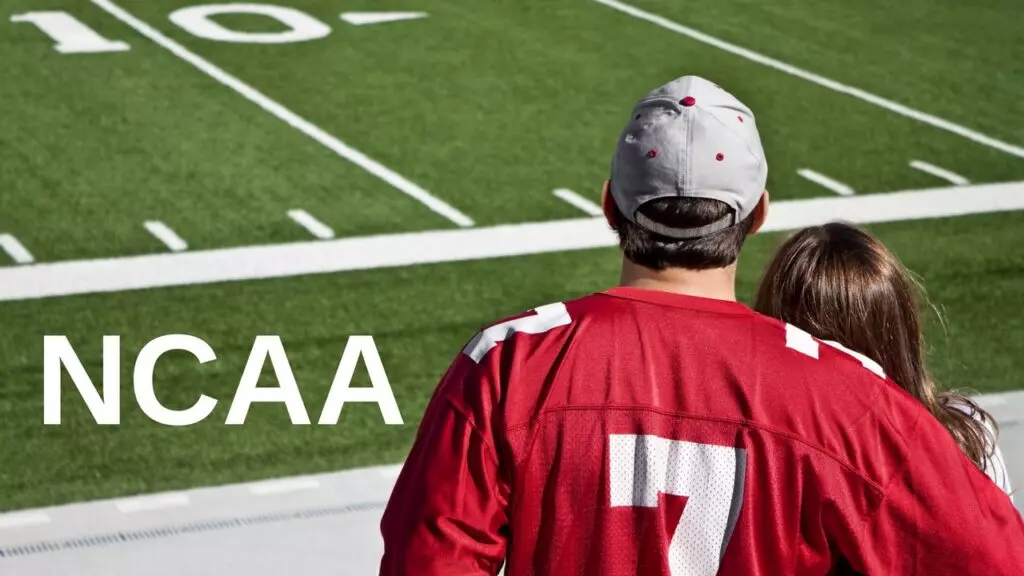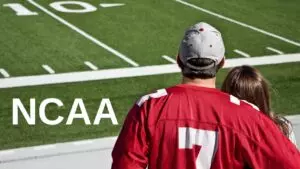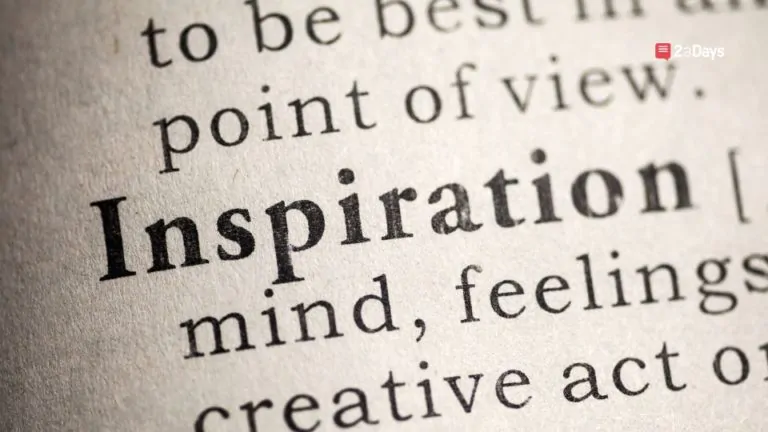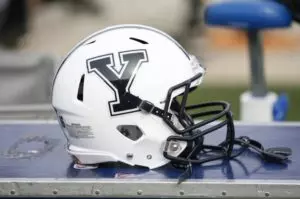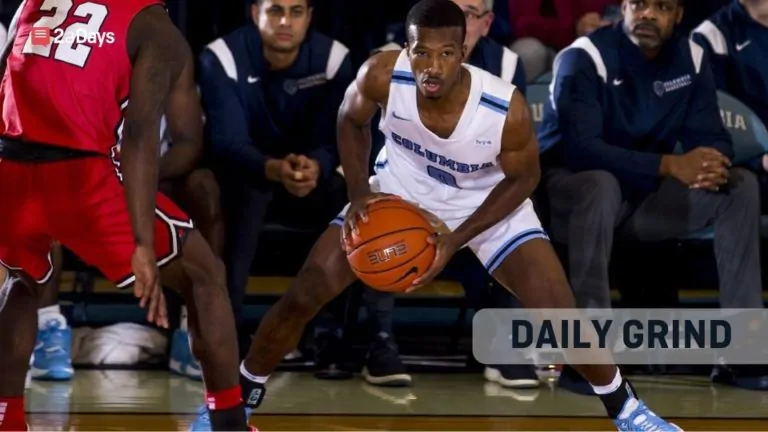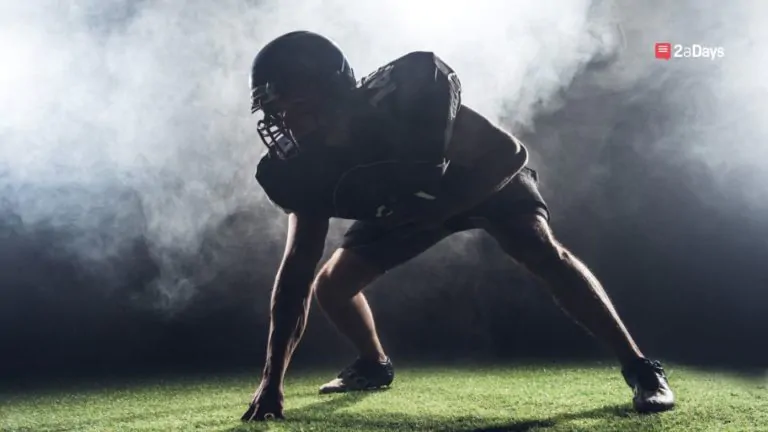As I started writing this article, the NCAA dropped a bomb, a good bomb that will alter the college recruiting process moving forward.
Under the new NCAA rules, approved this week in Indianapolis for all sports other than football and men's and women's basketball, Sept. 1 of a prospective student-athlete's junior year of high school is the date official visits can begin, instead of the first day of classes for senior year. The bigger rule that will eliminate early verbal commitments is athletics departments can't participate in a recruit's unofficial visit until Sept. 1 of the recruit's junior year in high school, and recruiting conversations during a school's camp or clinic can't happen before Sept. 1, of junior year. Note: Division III changed the official visit date to January 1, of junior year.
20 years ago, even ten years ago, the “Official Visit” was relevant to the college decision. It was this experience that would make or break the decision for a recruit. On top of that, it was a big deal to be offered an official visit by a college or university. However, in the last ten years, the official visit for many student-athletes became irrelevant because many of them verbally commit to a school before they were even permitted to have an official visit. The “new”, now old, official visit was an opportunity to experience campus life knowing that is where you were continuing your academic and athletic career. Until today, the “Official Visit” will be more important than ever as prospective student-athletes make their college decisions.
What is an Official Visit?
An official visit is a formal campus visit by a prospective student-athlete where the educational institution “may” take on the expense. The school will pay for all expenses (travel, lodging, food, entertainment) or a portion of the expenses for the visit.
Guidelines for an Official Visit
- For a potential student-athlte (PSA) to take an official visit, they must be registered with the NCAA Eligibility Center (DI/DII Schools), and have taken the SAT/ACT, and submitted unofficial transcripts to the school.
- A PSA is allowed a maximum of 5 Official Visits for DI and DII Schools, and an unlimited number of officials to DIII schools.
- A PSA can only make one official visit to each school including multiple sports athletes.
- A maximum of 3 meals per day during the visit
- The student host is given $30 per day for entertainment.
- An official visit cannot last longer than 48 hours.
What is an Unofficial Visit?
Unofficial visits are visits that prospects finance themselves. They will be responsible for all expenses that accompany the unofficial visit including transportation, lodging, and meals.
Guidelines for Unofficial Visits
- The school can provide up to three complimentary admissions to prospects on an unofficial visit, one for the prospect and two for guests. Prospects from nontraditional families (e.g., parents have divorced or are separated) may receive two additional complimentary admissions so both sets of parents may attend.
- If the venue is off-campus, the school can provide transportation between campus and the venue, provided it is within 30 miles of the campus.
- The school can also provide housing during an unofficial visit, but only if the athlete pays the standard rate for it.
Before the new visit rules, prospective student-athletes were permitted to go on an unlimited number of unofficial visits at any time during their high school career. And as long as they were on campus, they could speak to a college coach with no restrictions. This is how prospective student-athletes were committing as early as 8th grade. Well, those times are no more. For sports like lacrosse and softball, college coaches are prohibited from having any recruiting conversations before Junior year. But for all sports other than basketball and football, prospective student-athletes are still allowed to initiate contact with a college coach via phone.
What Does the New Rule Mean for Recruiting?
There will be many positives with the new change, but there will also be some negatives. First, it means the end of early (8th – 10th grade) verbal commitments. No prospective student-athlete should commit to a school unless they have had the opportunity to visit campus. There are extenuating circumstances, i.e., international student-athletes.
Second, the new recruiting calendar will alleviate some stress from prospective student-athletes who think they need to decide on college early in their high school career.
The next positive might allow prospective student-athletes to continue to play multiple sports rather than feel pressured to specialize at an early age.
The last positive is that student-athletes can take their time to make a well-informed decision.
On the other hand, there may be some negative impact especially for the elite players in their sports. Your college recruiting process will be like a horse race, once September 1st hits of junior year, the gates will open and colleges will be jockeying for your attention immediately.
What this doesn't change is the identification or evaluation period of college coaches. Coaches will still be able to evaluate players at tournaments, showcases, and camps before junior year they will be unable to have any recruiting conversations with them until they become juniors. College coaches will be compiling their list of top recruits so they will be ready to go when September 1st rolls around.
What does this mean for the prospective student-athlete? They need to start preparing and educating themselves for that day. RESEARCH RESEARCH RESEARCH will be the most important thing they do leading up to that day.
- What are your college preferences (Size, Location, Setting, Level of Play, etc.)
- Research colleges.
- Research athletic programs.
- Research coaches – Utilize www.lockerroomtalk.com
- Build a List of 20 schools that match your academic, athletic, and personal needs.
Where to Start?
- Download the Guiding Future Stars App or click the link and Create an Account.
- Browse the App and start educating yourself about the process.
- Visit the GFS Store and gain unlimited access to the Designing Your Pathway to College Sports Curriculum and get started on your journey from undiscovered to highly recruitable to college-bound.
LEARN THE #GFSWAY
* Originally published on April 21, 2018, by Guiding Future Stars
